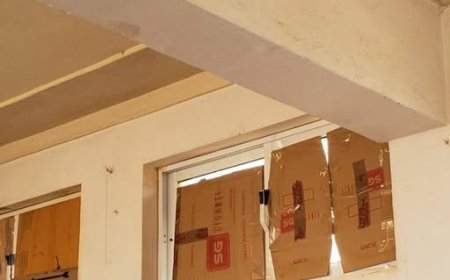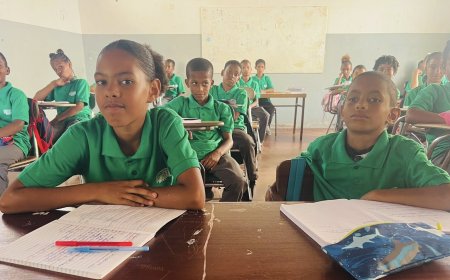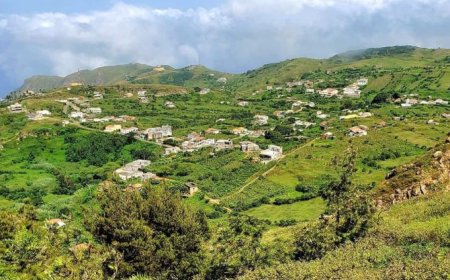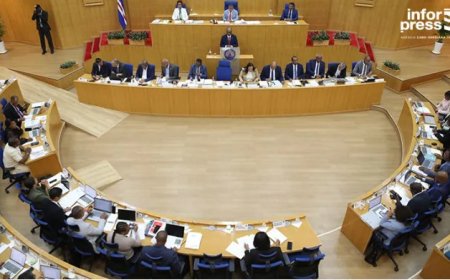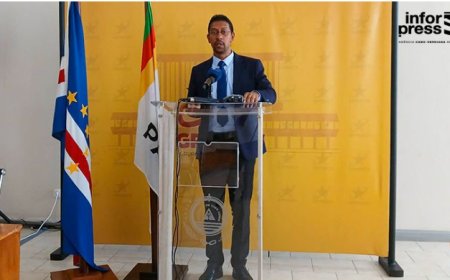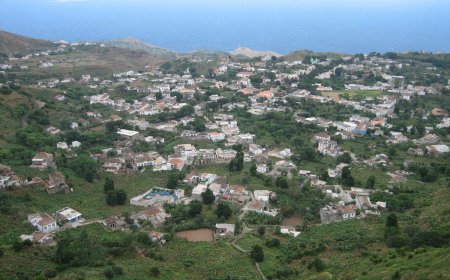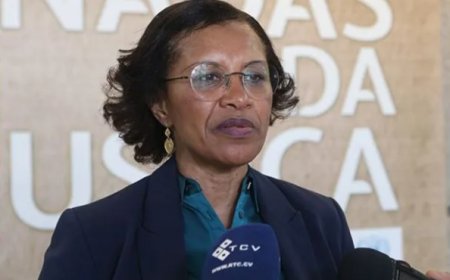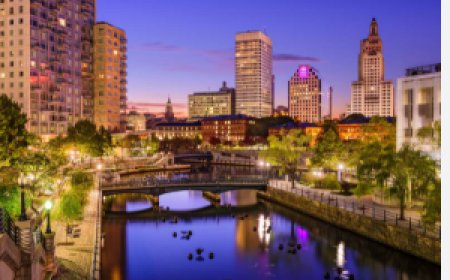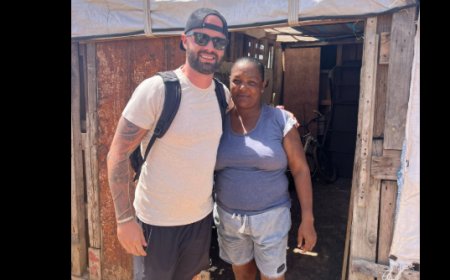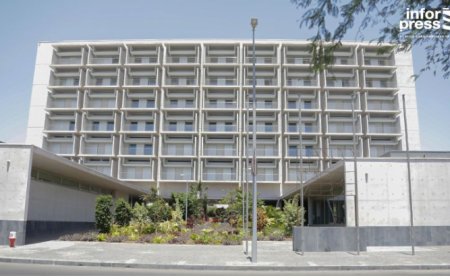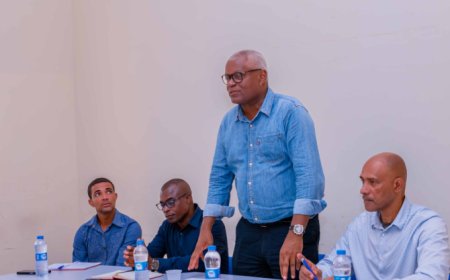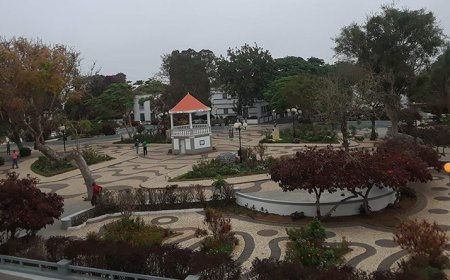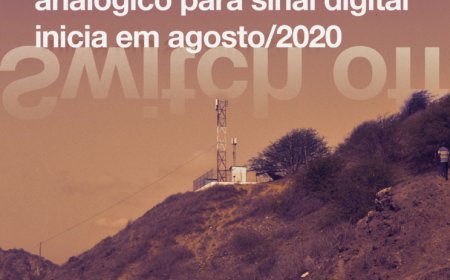Brava: Geophysicist dismisses possibility of landslide in Fajã d´Água having seismic causes
The head of the Directorate of Geophysics at the National Institute of Meteorology and Geophysics (INMG) said today that "there is no possibility" that the landslide in Fajã d´Água, in Brava, was caused by seismic activity.
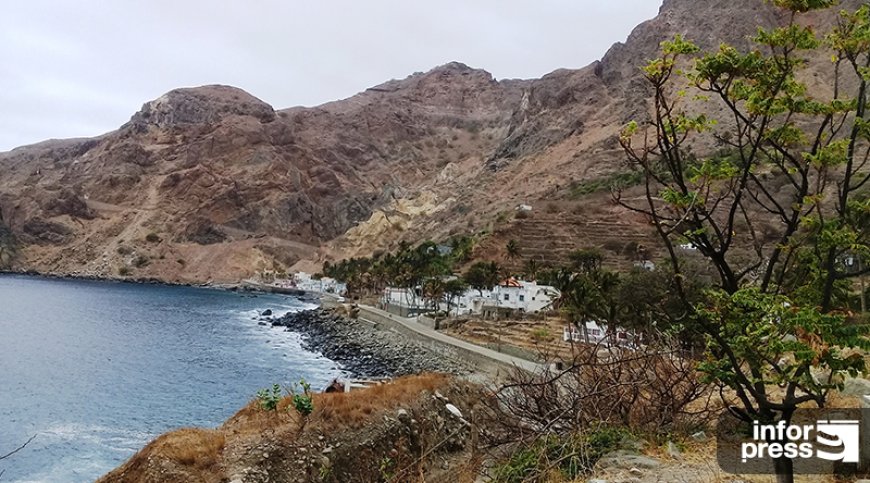
The head of the Directorate of Geophysics at the National Institute of Meteorology and Geophysics (INMG) said today that "there is no possibility" that the landslide in Fajã d´Água, in Brava, was caused by seismic activity.
Bruno Faria gave the guarantee at a press conference, in Mindelo, in which he recalled that the island of Brava had a “quite intense seismic crisis” between 2017 and 2018, but which began to decrease in September 2017, having reached levels registered in 2018 before 2015.
Meanwhile, according to the same source, activity "increased slightly" last week with some undulations, although "nothing worrying", just requiring some attention from the INMG services.
Even so, asserted the geophysicist, the landslide last Saturday, the 21st, which left the town of Fajã d'Água isolated “has nothing to do” with earthquakes.
“It cannot be said that the landslide is a direct consequence of seismic activity, because there was no earthquake either before or after”, he reiterated, adding that, on the contrary, the fall of rocks caused a “small earthquake”.
Bruno Faria assured that "it is not possible" since the intensity of earthquakes recorded in Brava does not reach the proportion of causing rockfall. In his view, such an occurrence could have originated from the nature of the soil, although, it does not rule out the possibility of having other causes.
Seismic activities on the island, according to the same source, are within normal limits, although they are still recovering from the volcanic eruption, in 2016, of the volcano on the island of Fogo.
The geophysicist explained that, however, there will continue to be seismic movements on Brava and even on other islands considered stable at this time, but that they “hardly” exceed the magnitude of 5.1 hit by the earthquake this Thursday, 26, and which shook the islands of São Vicente and Santo Antão and which was one of the largest recorded in the country.
The locality of Fajã d´Água was isolated at the end of the afternoon of last Saturday, 21st, after a landslide that, in addition to rock and earth, took a section of road with it.


















